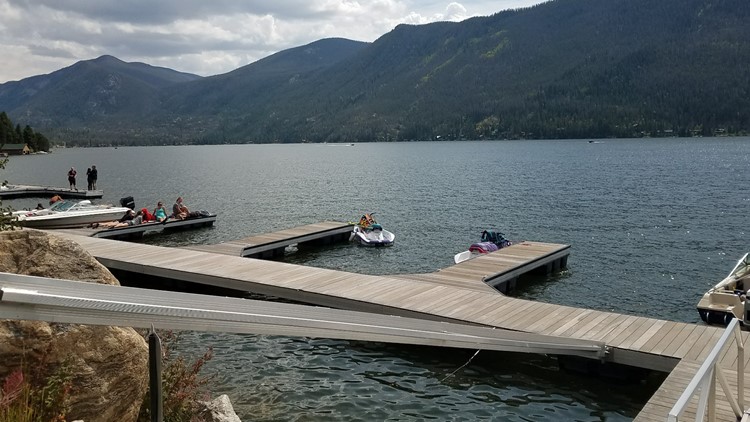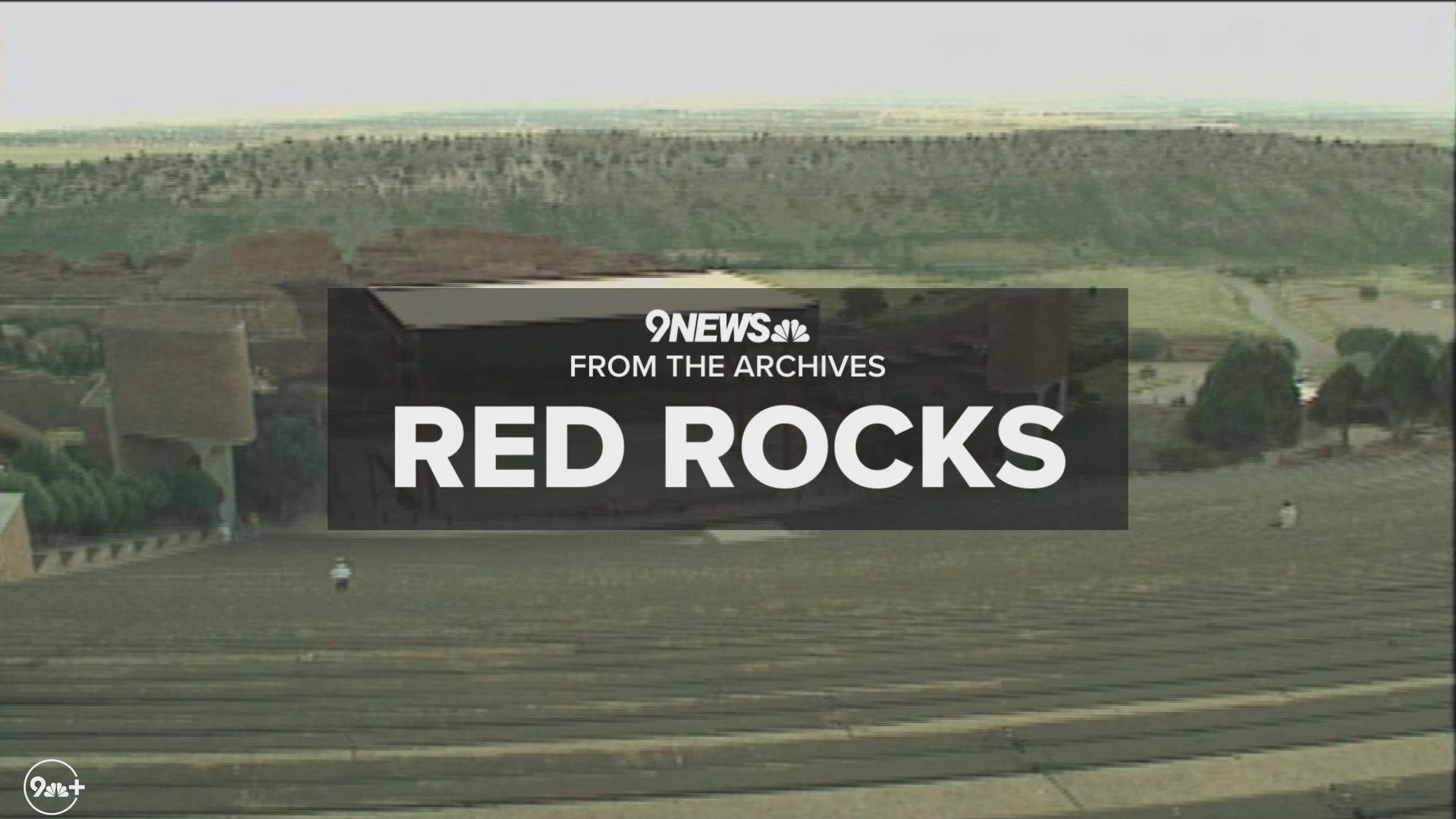COLORADO, USA — Summer brings the opening of reservoirs and lakes for boating season.
That means it's a good time to think about boat safety, especially given May is National Water Safety Month.
Colorado Parks and Wildlife has list of important safety tips to follow next time you hit the lake:
Check Your Equipment
U.S. Coast Guard-approved safety equipment is required on all recreational boats. Some equipment may include muffling devices or flags for water-skiing. Check out this list of other requirements outlined in the Boating Statutes and Regulations.
Wear the proper life jacket
Personal flotation devices are required and one of the most important items needed on a boat. Every person on the boat is required to have a life jacket. Children who are 12 years or younger are required to wear a life jacket whenever the vessel is on water. In most boating accidents, individuals not wearing their life jackets drown, according to CPW.
> Click/tap here for more information on life jackets | bit.ly/2EfpOmW
Take a boating safety course
Typically these courses are intended for those who are 14 or 15 in order to operate a motorboat, personal watercraft or sailboat, but they are open to any boaters. Not only does this course help you stay safe, but could help you save 10-15 percent on boat insurance.
> Click/tap here for more information on boat safety courses | bit.ly/2VIuvQJ
Be prepared for safety inspections
Boat rangers do conduct safety inspections on all Colorado waters and there are specific requirements for motorized vessels and sailboats, personal watercrafts, canoes, kayaks or rafts.
> Click/tap here for specific boating requirements | bit.ly/30u9eJw
Know how to navigate
How to navigate your boat might be the last thing you think about, but it is important. Knowing how to redirect in specific boating encounters can be beneficial in avoiding collision and accidents.
> Click/tap here for more information on boat navigation | bit.ly/2VvMbdp
What to do in a boating accident
If you are involved in or come across a boating accident, there are essential steps you need to take:
- Stop at the scene and assist others if you can do so safely. This is required by law.
- Don’t risk lives to save equipment and ask for help.
- Each person who was involved in the accident must file an accident report. By law, you must exchange names, addresses, vessel IDs and the name of the owner of the boat.
If you are in a boating accident, you can file using a boating accident report form within five days of the incident if there was a loss of life or disappearance from a vessel, an injury that required medical treatment or property damage that exceeds $2,000 or complete loss of the vessel.
Most boating accidents are caused by careless operations, excessive speeding and failure to pay attention. The leading cause of boating fatalities is capsizing and boating under the influence (BUI).
> Click/tap here for more information on boating accidents | bit.ly/2JpOuNC
SUGGESTED VIDEOS | Feature stories from 9NEWS



